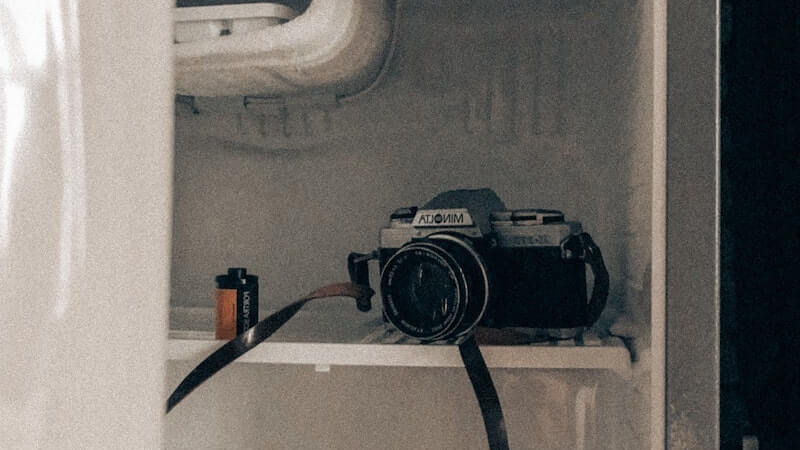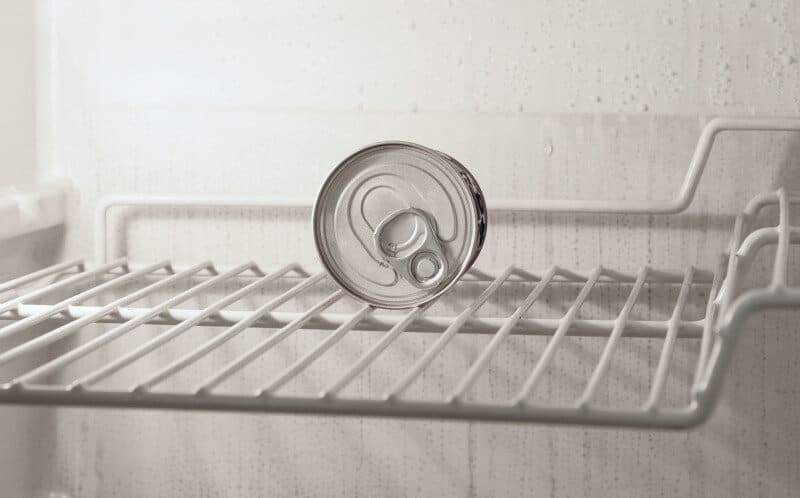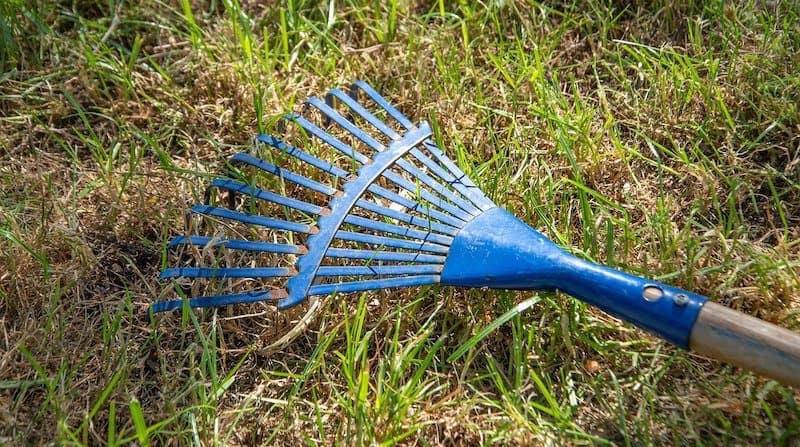
Out of all the appliances in the household, the fridge would be the one I pick out of any others if push came to shove. It’s convenient, extends the life expectancy of our food & drinks and has saved us countless hours on daily grocery shopping.
Make no mistake, although this appliance is revolutionary, it’s still a box that’s designed to keep the contents inside cool. Unlike water filter vacuum cleaners new technology, fridges have not changed a lot in a while. However, there are ways to make your fridge more efficient and extend its lifespan.
Not exactly the most exciting topic, which is why in this article we will be looking at some refrigerator fun facts that you might not have known about.

Refrigerators have come a long way since they were introduced in the 18th century. This engineering miracle has seen so many improvements that even new refrigerators are completely different from the ones that were released only 10 years ago.
“Believe it or not, your fridge simply relocates heat from the inside to the outside, using principles of evaporation and condensation; it’s not creating cold, it’s moving heat. In understanding this, one gains an appreciation for the elegant efficiency of this household staple.”
Ralston Crofts, Refrigeration Engineer
Let’s take a look at some weird facts:

Author’s Final Thoughts
As interesting and fun as these facts are, there is an other concerning aspect to this – the quantity of fridges that are getting thrown out globally!
It is estimated that 53 million tonnes of electrical waste is thrown out every year, with that figure growing every year.
Not all that waste comes from fridges, but they are one of the largest contributors of the total weight sum. To put this into perspective, this equates to the weight of 350 cruise ships’ worth of electronics.
The solution may very well be running your existing fridge efficiently while maintaining it to extend its life expectancy before sending it to the skip.
References
https://www.marthastewart.com/1537798/refrigerator-history-explained
https://apnews.com/article/538e85baf5ee4af9ab9e3eb0056f3c53
FAQ





I must say a fridge, although seemingly simple, has a complex mechanism at its core. Just last week, I had the elaborate task of repairing an antique unit, and it’s astonishing to note how the fundamental principle remains the same even in our modern units.
Well, though I might be looking at this through ‘engineer-tinted-glasses’, the evolution of fridge technology isn’t as stagnant as people often assume. They have come a long way in terms of efficiency, noise reduction and other smaller improvements one might overlook. The fundamental principle might be the same, but the devil is always in the details, and those details have been significantly polished over the years.
I see your point, Edmund, but let’s not overlook the charm of old fridge models. Sure, they might seem cumbersome when compared to sleek new variants and their noise level is definitely higher, but the craftsmanship that went into them is often superior. My 1950s Kelvinators are still running as smoothly as any modern unit, whilst maintaining their unique retro flair.
I couldn’t agree more with you, Vincent. Running smoothly aside, there’s something incredibly nostalgic about owning an old unit, a feeling that the modern sleek ones fail to replicate. I’ve spent much of my retirement restoring these gems – their clunky but charming exterior has an odd comforting effect on me. Moreover, their robust build quality often surpasses the short-lived glamour of new models.
I resonate with you, Pennington! Having spent numerous years in the mechanical industries, I too, have a distinct preference for older units. Their make, the tangible sound of a fully functional motor; it’s music to my ears. There’s something about analyzing their inner workings and restoring them – adds a sense of satisfaction that merely buying a new one cannot replicate.